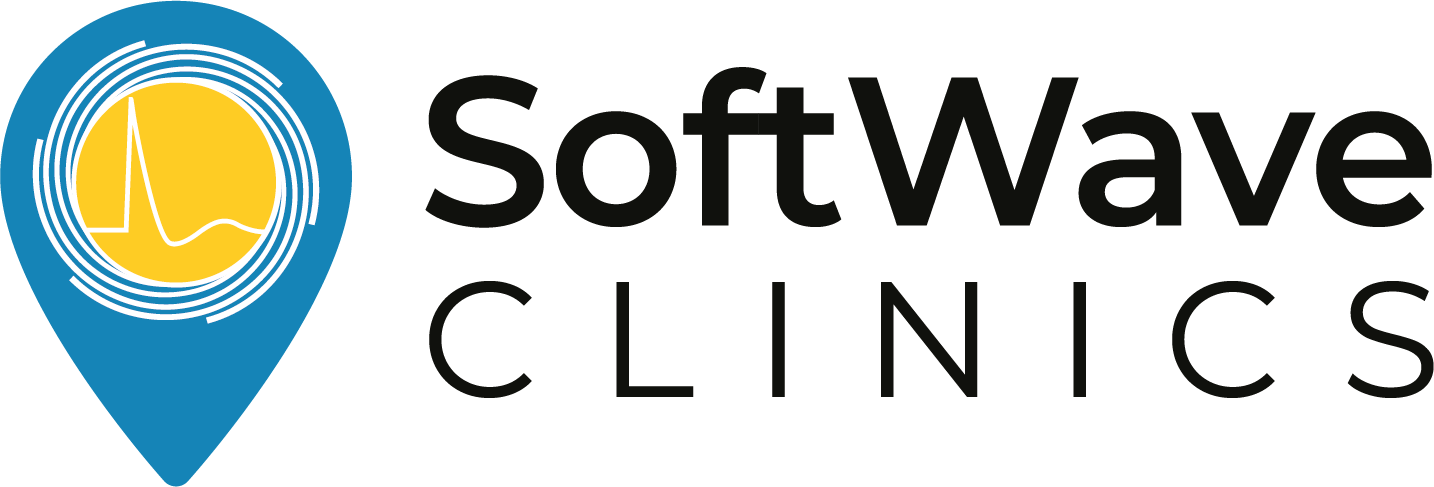Extracorporeal shock wave therapy suppresses the early proinflammatory immune response to a severe cutaneous burn injury
Thomas A Davis, Alexander Stojadinovic, Khairul Anam, Mihret Amare, Shruti Naik, George E Peoples, Douglas Tadaki, Eric A Elster
Following severe burn injury, persistent inflammation perpetuated by surface eschar, bacterial colonisation and neutrophil proteolytic activity can impede normal healing and result in further tissue damage. Extracorporeal shock wave treatment (ESWT) has been shown in the clinical setting to promote the healing of burn and difficult to-heal wounds; however, the mechanism is unclear. We investigated the role of ESWT on the early proinflammatory response using a severe, full-thickness and highly inflammatory cutaneous burn wound in a murine model. Various wound-healing parameters were measured and leukocyte infiltration quantitated. A panel of 188 candidate genes known to be involved in acute inflammation and wound healing was screened. We show that ESWT of burn wounds 1 hour post wounding significantly blunts polymorphonuclear neutrophil and macrophage infiltration into the wound.
